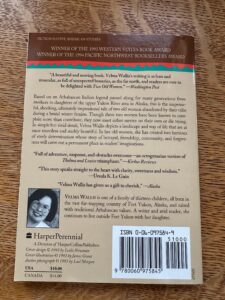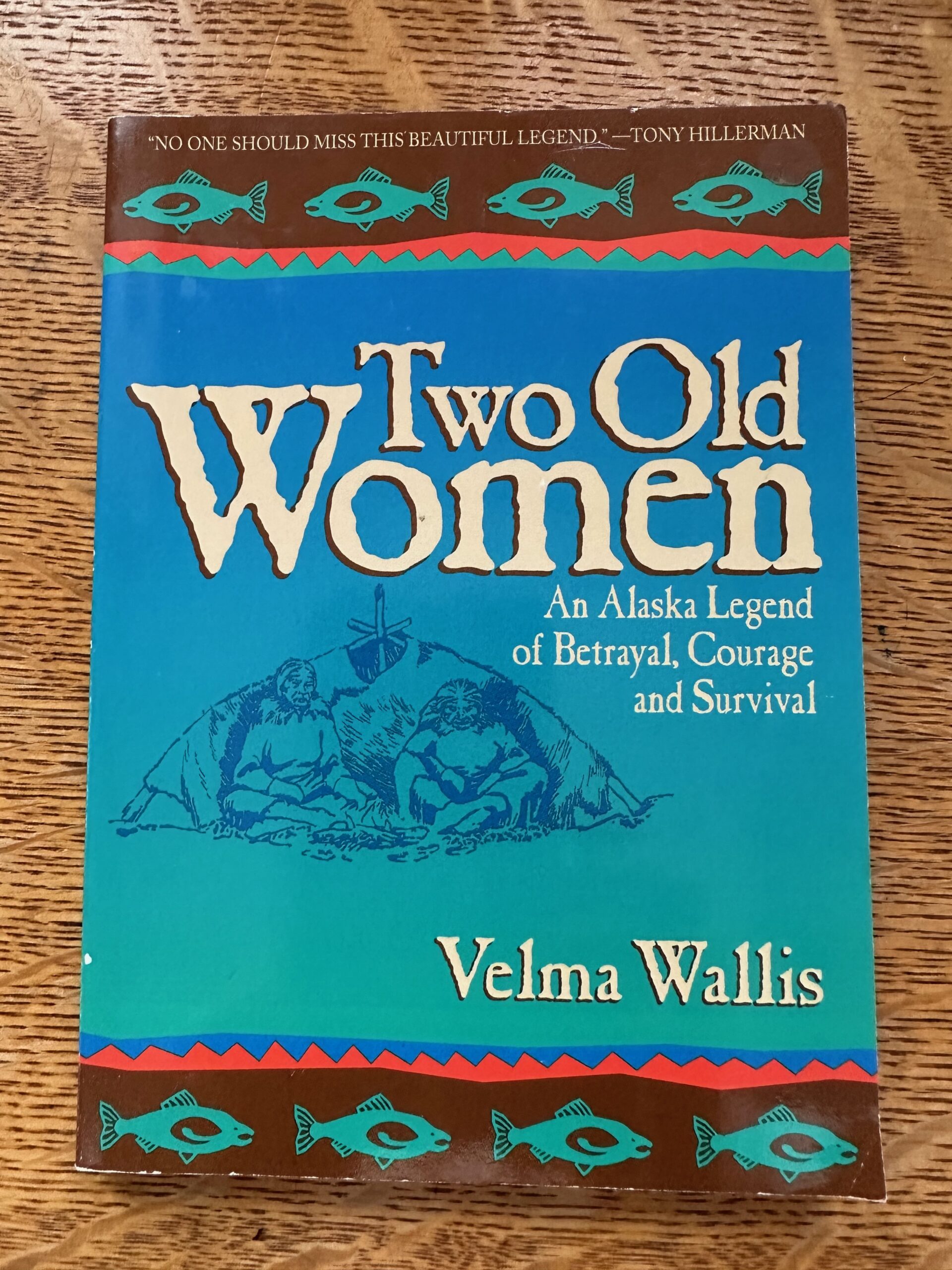Two Old Women by Velma Wallis is a powerful and unique book that stands out for several reasons:
1. Rooted in Indigenous Storytelling:
The book is based on an Athabaskan legend passed down through generations. It preserves and shares the oral traditions of Alaska’s Native people, offering readers a rare glimpse into their cultural heritage.
2. Themes of Resilience and Survival:
The story follows two elderly women abandoned by their nomadic tribe during a harsh winter. Against all odds, they draw on their survival skills and inner strength to endure the wilderness. It highlights human resilience, adaptability, and the will to live.
3. Empowering Message:
The book challenges stereotypes about aging and vulnerability. The women, initially seen as weak and burdensome, prove their worth and resourcefulness, reclaiming their dignity and respect.
4. Universal Appeal:
Though deeply rooted in Athabaskan culture, the themes of perseverance, community, and self-discovery resonate universally. Readers from all backgrounds can connect with the story’s emotional depth.
5. Simple but Profound Writing:
Velma Wallis uses straightforward, unembellished prose, reflecting the oral storytelling tradition. This simplicity adds to the book’s authenticity and emotional impact.
6. Focus on Elder Wisdom and Tradition:
The story emphasizes the value of elders’ wisdom and experience, often overlooked in modern society. It advocates for honoring and learning from older generations.

The author Velma Wallis was born into a large family (13 children) in the remote village of Fort Yukon, Alaska. She was raised with her people’s traditional Athabaskan values. Her father died when she was 13 years old and she had to drop out of high school to help her mother raise her younger siblings. Later, she obtained her G.E.D. For a time, she lived by herself in a trapping cabin a 12 mile walk from the village in order to live off the land as her forebears had done. She was an avid reader and had a strong desire to write. Two Old Women is her first book.

Comments are closed.